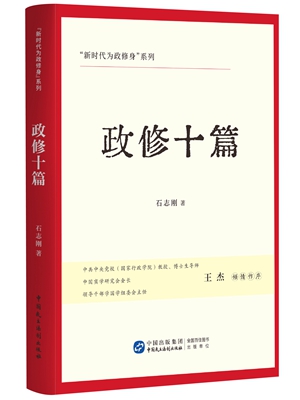
The concept of “political cultivation” emphasizes the importance of self-improvement for officials. This book comprises ten chapters, outlining desirable qualities of officials in ancient China, covering matters like governance skills, friend selection, talent recognition, personal development, mentors, family letters, character building, integrity, envoys, and reading. Each chapter delves deeper into specific areas. “The Good Officials” introduces historical models of exemplary leadership and impactful contributions. “Friendship” analyzes the importance of cultivating wise and virtuous companions. “Talent Recognition” offers insights into how ancient leaders identified and employed suitable individuals. “Personal Development” highlights the role of special talents and interests in shaping officials. “Mentors” underscores the value of honoring one’s teachers. “Family Letters” emphasizes the transmission of noble family traditions, while “Character Building” focuses on how officials honed their moral compass by responding to the needs and voices of the people. The remaining chapters explore aspects like maintaining integrity (“Integrity”), exhibiting exemplary conduct in foreign missions (“Envoys”), and enriching oneself through reading and other intellectual pursuits (“Reading”).
